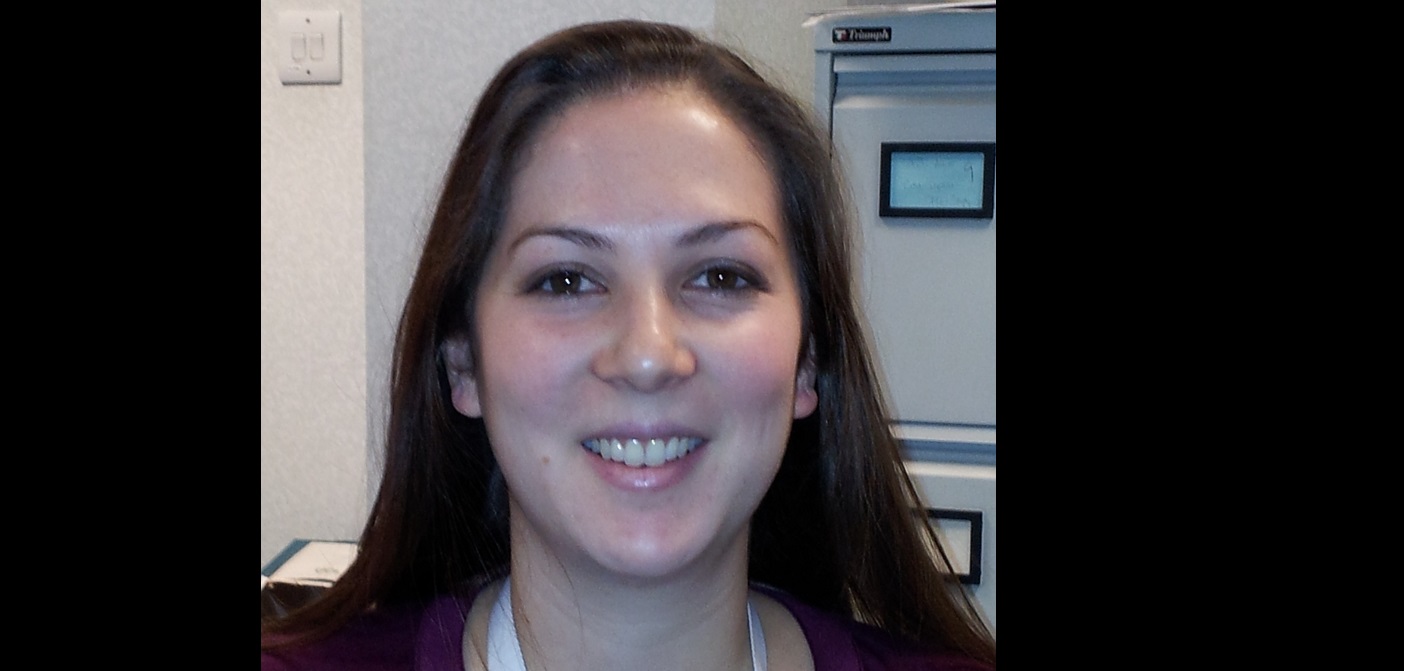Autism Spectrum Disorder in Smith-Magenis Syndrome
Individuals with Smith-Magenis syndrome often receive diagnoses of Autism Spectrum Disorder (ASD) and high rates of autism have been reported; however, due to differences in methods used by studies, the reported rates of ASD range between 50-93%.
In 2011, Chris Oliver, from the University of Birmingham, reported that approximately 7 out of 10 individuals in their sample of people with Smith-Magenis syndrome scored above the cut off for ASD (approx. 4 out of 10 for autism). The research also showed that rates of ASD were not notably different (i.e. higher or lower) than in other genetic syndromes.
You can read and download the 2011 paper here
Rates of ASD in Smith-Magenis syndrome may be the result of the intellectual disability associated with the syndrome, rather than a characteristic of the syndrome itself. An ASD diagnosis in Smith-Magenis syndrome may also be due to language abnormalities and repetitive behaviours present, however, these associations are disputed in the literature.





